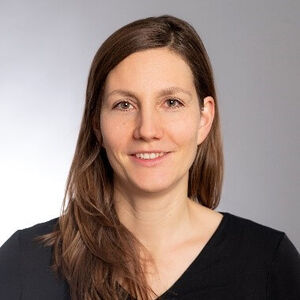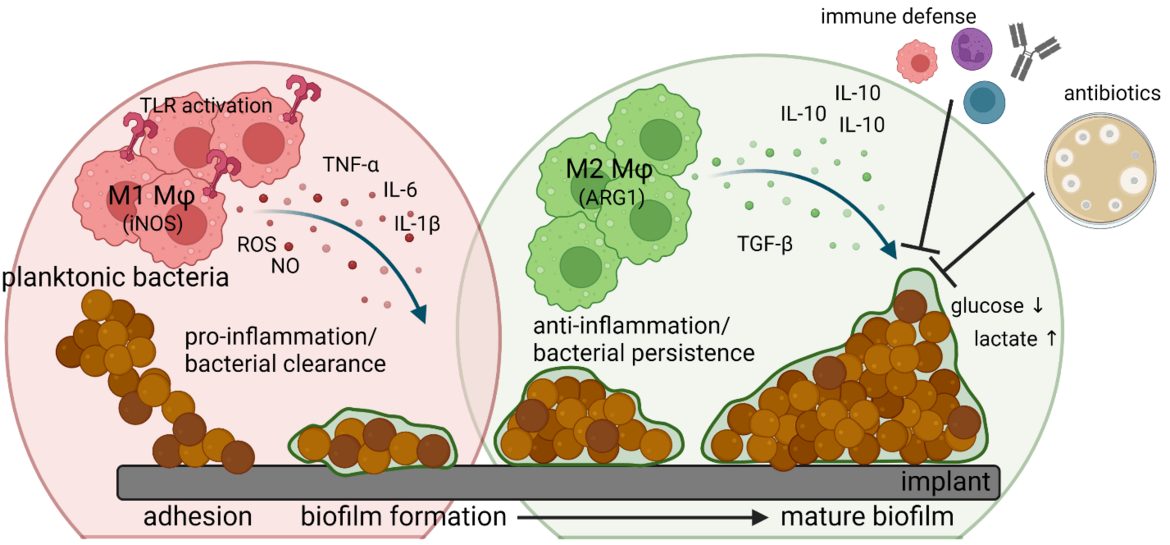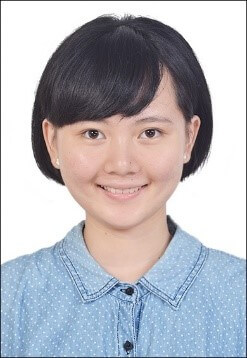
Research Project Seebach
Project Leader: Dr. sc. hum. Elisabeth Seebach
Anti-biofilm immune response as therapeutic target in implant-related bone infections.
Research Interest
Our research falls within the field of osteoimmunology, where we explore the interactions between the immune system and bone cells, particularly in relation to inflammatory bone diseases. Thereby, we place a special focus on implant-related bone infections. Biofilm formation plays a significant role in the chronic nature of these infections, as the biofilm matrix shields bacteria from both the immune response and most antibiotics. Additionally, the biofilm environment alters the immune response, promoting immune evasion, anti-inflammation and tolerance.

(figure created with biorender.com)
The aim of our project is to investigate how biofilm formation impacts the immune response and to identify potential targets that could serve as candidates for immunotherapeutic intervention.

PhD project of Yue Gao (funded by Chinese scholarship council; Supervisor: Prof. Dr. Katharina Kubatzky)
The effect of metabolic reprograming on osteoclastogenesis.
This project focuses on understanding the effects of TCA cycle metabolites on osteoclast development. Specifically, we are examining the role of ACOD-1 / itaconate and succinate in regulating osteoclastogenic differentiation processes.
(Kubatzky KF, Gao Y, Yu D. Post-translational modulation of cell signalling through protein succinylation. Explor Target Antitumor Ther. 2023. 4: 1260–1285. doi: 10.37349/etat.2023.00196)
Lab Members
Yue Gao | PhD student (AG Kubatzky) |
Carlos E. Pérez-Cevallos | MD student |
Hannah Simonis | Master student (Lab Rotation) |
Ayşegül Durgun | Master student (Lab Rotation) |
Loris Graf | Bachelor student (Thesis) |
Sanya Middha | Master student (Lab Rotation, Alumni) |
Tabea Elschner | Master student (Thesis, Alumni) |
We are always looking for motivated and interested students to join the project (Lab Rotations, Bachelor and Master Thesis). Contact: elisabeth.seebach(at)med.uni-heidelberg.de
Selected Publications
Seebach E, Sonnenmoser G, Kubatzky KF. Staphylococcus aureus planktonic but not biofilm environment induces an IFN-beta macrophage immune response via the STING/IRF3 pathway. Virulence, 2023. 14(1): 2254599. doi: 10.1080/21505594.2023.2254599.
Seebach E, Kraus FV, Elschner T, Kubatzky KF. Staphylococci planktonic and biofilm environments differentially affect osteoclast formation. Inflammation Research, 2023. 72(7): 1465-1484. doi: 10.1007/s00011-023-01745-9.
Seebach E, Elschner T, Kraus FV, Souto-Carneiro M, Kubatzky KF. Bacterial and Metabolic Factors of Staphylococcal Planktonic and Biofilm Environments Differentially Regulate Macrophage Immune Activation. Inflammation, 2023. 46(4): 1512-1530. doi: 10.1007/s10753-023-01824-3.
Seebach E, Kubatzky KF. Chronic Implant-Related Bone Infections - Can Immune Modulation be a Therapeutic Strategy? Frontiers in Immunology, 2019. 10: 1724. doi: 10.3389/fimmu.2019.01724.
Seebach E, Holschbach J, Buchta N, Bitsch RG, Kleinschmidt K, Richter W. Mesenchymal stromal cell implantation for stimulation of long bone healing aggravates Staphylococcus aureus induced osteomyelitis. Acta Biomaterialia, 2015. 21: 165-177. doi: 10.1016/j.actbio.2015.03.019.
Seebach E, Freischmidt H, Holschbach J, Fellenberg J, Richter W. Mesenchymal stroma cells trigger early attraction of M1 macrophages and endothelial cells into fibrin hydrogels, stimulating long bone healing without long-term engraftment. Acta Biomaterialia, 2014. 10(11): 4730-4741. doi: 10.1016/j.actbio.2014.07.017.
Cooperation partners
Orthopedic University Hospital Heidelberg
Rheumatology, University Hospital Heidelberg
Funding
Medical Faculty Heidelberg, Deutsche Arthrose-Hilfe e.V.